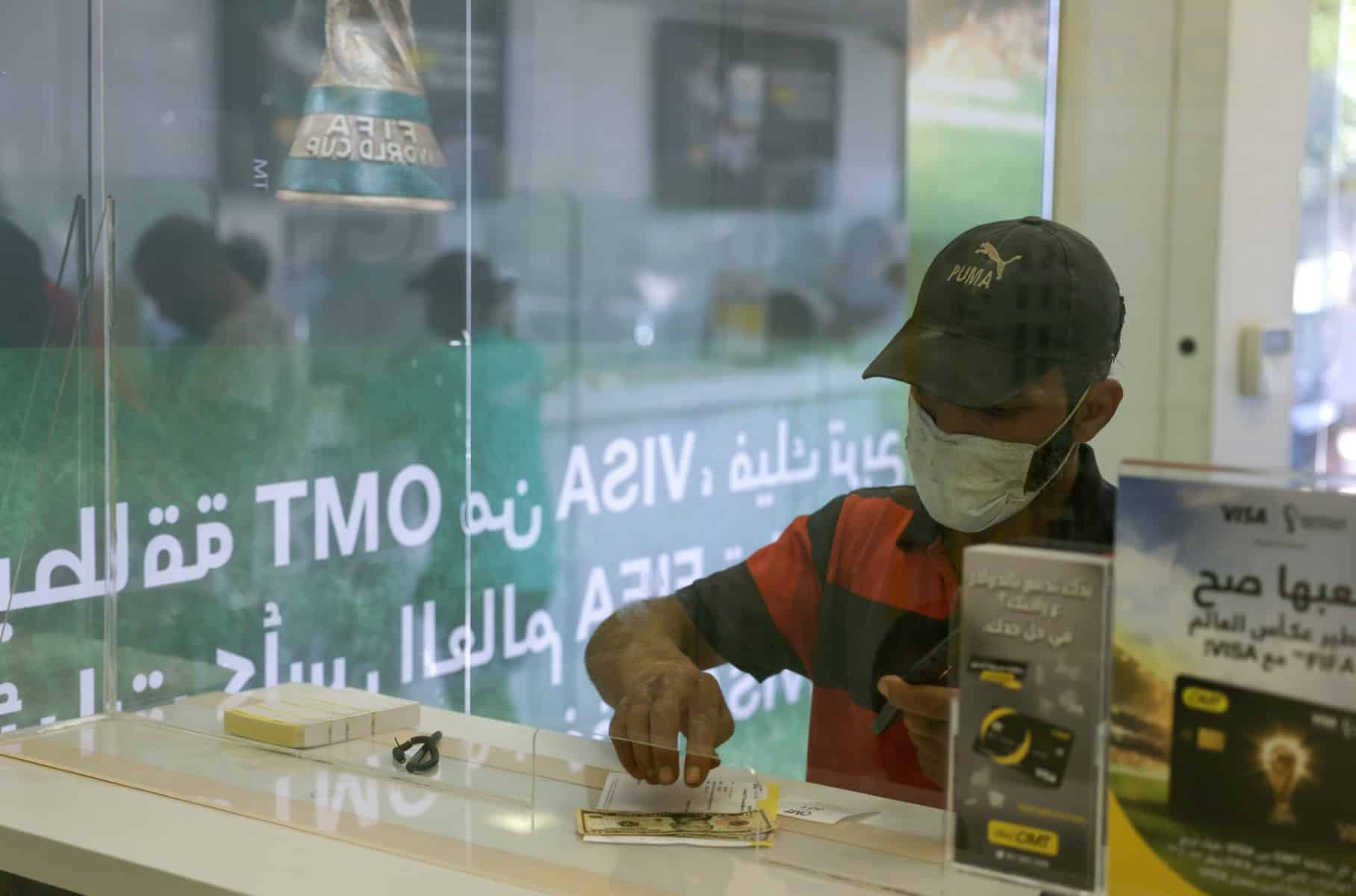Beirut, Lebanon – Lebanon’s commercial banks do not have enough liquidity to pay back depositors, the secretary general of the country’s banking association said on Wednesday
The letter that laid out the banks’ positions, was signed by the Association of the Banks of Lebanon (ABL)’s Fadi Khalaf.
The letter said commercial banks had approximately $86.6 billion deposited at Lebanon’s Central Bank as of mid-February, and a net negative position with correspondent banks of $204 million as of January 31, 2023, Reuters reported.
“These numbers show without a doubt that the banks have no liquidity,” Khalaf wrote.
Since 2019, Lebanon has suffered an unprecedented economic decline caused by decades of mismanagement and corruption.
The World Bank last year said Lebanon was likely to rank among the world’s worst financial crises since the mid-19th century.
The state’s bankruptcy has hampered imports of basic items including food, medicine and fuel.
The Lebanese pound, pegged at 1,507 to the dollar since 1997, has lost more than 90 percent of its value on the black market.
More than 80 percent of people have fallen into poverty, according to the United Nations.
Lebanon’s caretaker deputy prime minister Saade Chami has been quoted by Reuters to have said that banks should “go first” in absorbing the losses stemming from the financial sector. Those losses are estimated at around $72 billion.








